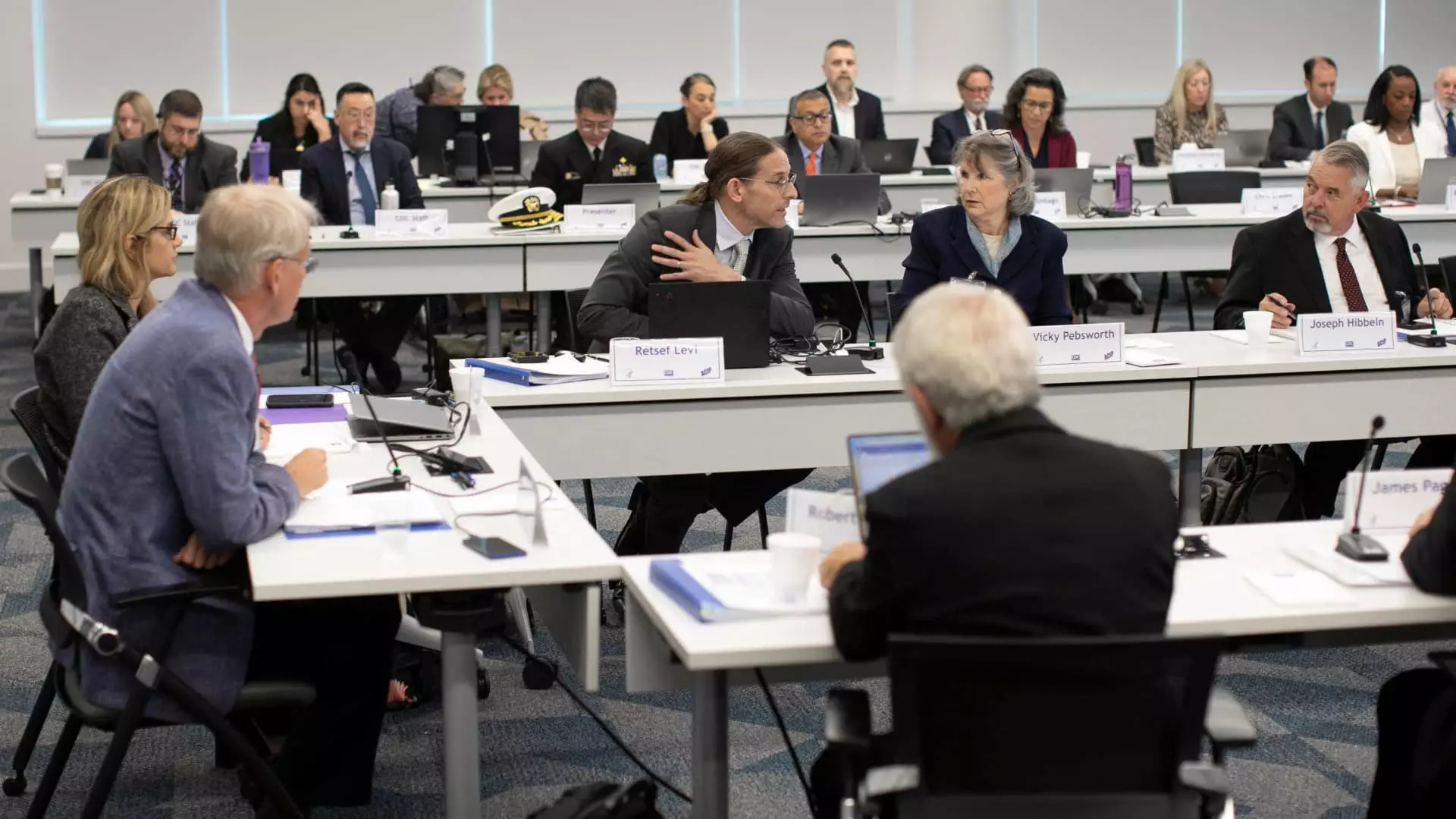In a startling departure from previous public health policies, the recent decision by the Advisory Committee on Immunization Practices (ACIP) to recommend Covid vaccinations based on “shared clinical decision-making” marks a troubling shift. No longer do authorities confidently endorse universal vaccination, especially for the most vulnerable populations. Instead, they suggest that Americans consult their healthcare providers—leaving critical questions about safety, efficacy, and necessity to individual discretion. This departure from a science-backed, clear-cut approach risks sowing confusion, eroding trust, and ultimately sabotaging efforts to control the pandemic.
The previous years saw a strong narrative: all Americans, from infants to seniors, should receive annual Covid shots. That message was straightforward, fostering a sense of collective responsibility. Now, however, the messaging has fractured into a fragmented web of personal choice, reinforced by vague advice that may not be uniformly accessible or trustworthy. When government organizations opt for such ambiguity, they risk signaling to the public that vaccination is optional or less significant than it once seemed. Such a narrative breeds skepticism, making it harder for future public health initiatives to succeed and endangering vulnerable populations who may lack the resources or knowledge to make informed decisions.
The Political and Corporate Entrenchment in Public Health Decisions
This shift is not merely about science; it’s intertwined with political motivations and corporate influence. The appointment of vaccine skeptics and vocal critics of mRNA technology to the ACIP by Robert F. Kennedy Jr., a controversial figure within the liberal space, reveals that the body’s recent guidance isn’t solely rooted in scientific debate but also politically charged narratives. With some members expressing doubts about vaccine safety and effectiveness—despite overwhelming scientific consensus—public credibility is further undermined.
Major private insurers, like those under America’s Health Insurance Plans (AHIP), have pledged to continue covering vaccines recommended by the panel, yet the inconsistency between federal guidance and individual state policies introduces chaos. Some states continue to recommend broad vaccination campaigns, while federal authorities adopt a more cautious stance. Such conflicting messages breed confusion and hesitation among the public, and in an era where misinformation spreads rapidly, these mixed signals become a fertile ground for distrust.
The credibility of the CDC, which has historically been the cornerstone of vaccination policies, is also in question following recent leadership changes. A leadership departure earlier this month signals a wavering commitment to transparency and scientific integrity, especially as newer, less comprehensive Covid versions are authorized with restricted use. This environment of uncertainty further diminishes public faith and fuels a narrative that health agencies are more influenced by politics or corporate interests than by science and public welfare.
The Dangerous Consequences of Diminished Vaccination Efforts
Weakening vaccination recommendations does not merely reduce vaccination rates; it jeopardizes entire communities by allowing the virus to spread unchecked. Data from studies like the recent JAMA Network Open analysis indicates that maintaining universal vaccination efforts could prevent thousands of hospitalizations and deaths, particularly among vulnerable groups. When vaccination becomes a matter of personal discretion and prescription rather than a public health mandate, the risk of outbreaks escalates.
Additionally, the skepticism surrounding mRNA technology and the safety concerns raised by some panel members are misleading. Decades of rigorous scientific research demonstrate that Covid vaccines, including Pfizer and Moderna’s mRNA shots, are remarkably safe and effective, with serious adverse effects being exceedingly rare. Propagating doubts without acknowledging this substantial evidence fosters unnecessary fear and hesitancy, especially among populations already skeptical of government health interventions.
While pharmaceutical companies like Pfizer maintain commitments to safety and efficacy, their message often struggles to cut through the noise created by political maneuvering and alternative narratives. The result is a weakening of collective resilience—an erosion of herd immunity that makes society more vulnerable to emergent variants and future pandemics. The collective effort, once rooted in science and shared responsibility, has become fragmented, and the consequences could be dire.
The Future of Public Health in a Divided Landscape
Ultimately, the ongoing polarization and politicization threaten to unravel decades of public health progress. By diluting vaccine recommendations, authorities risk fostering a climate of apathy and skepticism that could trap us in cycles of preventable illness and death. The core issue is not just about individual choice but about societal resilience and the moral imperative to protect the most vulnerable.
In this landscape, the role of government, healthcare providers, and scientific institutions is more critical than ever. They must prioritize clarity, transparency, and unwavering scientific integrity, refusing to succumb to political pressures or corporate interests that threaten to diminish public trust. Only through honest communication and consistent policy can we hope to restore confidence and safeguard our collective health—a task that requires courage, not capitulation to the not-in-my-backyard mentality that has begun to take root.

